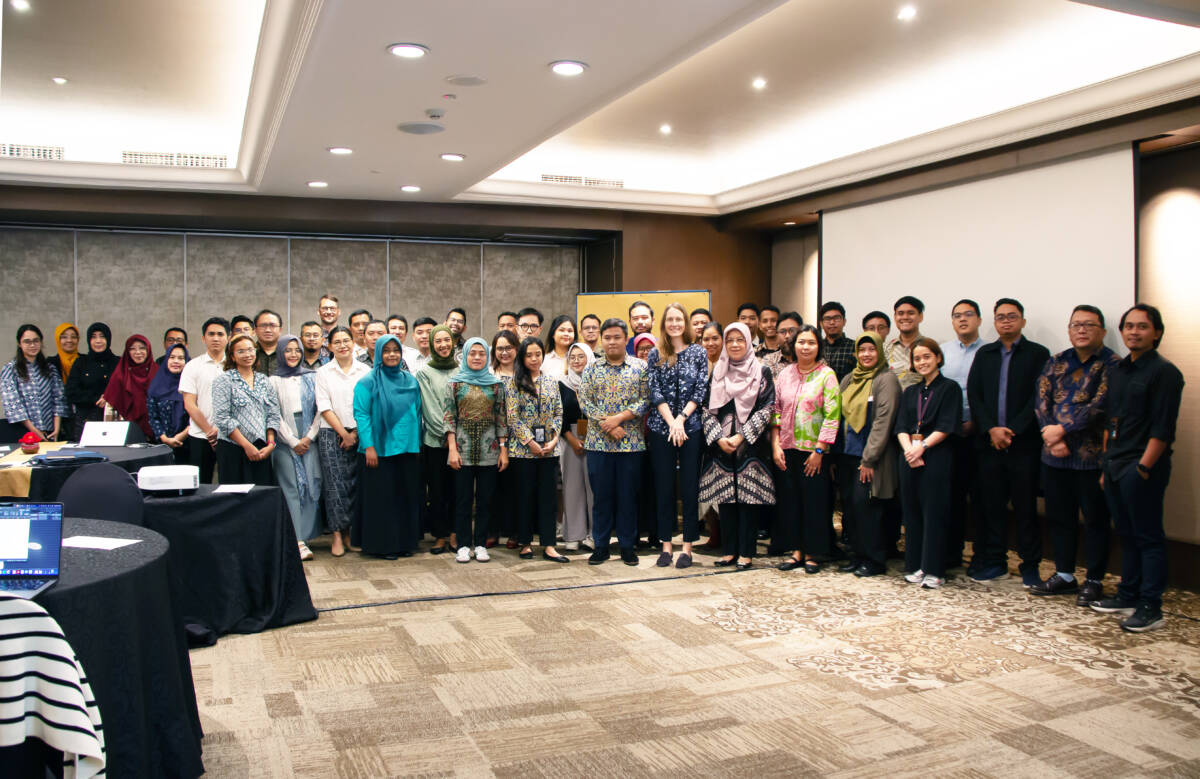Sustainable Energy Transition in Indonesia (SETI)
SETI supports the decarbonization of industry and low-emission cities through integrated renewable energy and energy efficiency.

Indonesia as a vast archipelago with a rapidly growing urban population due to urbanization rates is at a critical juncture in the energy landscape. Urban population growth directly triggers an increase in energy demand. As households increase and business and industry expand, the pressure on traditional energy sources increases, creating ecological and infrastructural challenges. Therefore, it is important to explore the factors contributing to this increase in order to develop effective policies to address potential energy crises in the future. Not only that, the availability of sufficient clean energy is also a priority.

Sustainable Energy Transition in Indonesia (SETI) is a cooperation project between the German government and Indonesia through funding from the BMWK (German Federal Ministry for Economic Affairs and Climate Action). The SETI project is carried out by a consortium consisting of GIZ, IESR, WRI, and Yayasan Indonesia CERAH. In addition, there are implementers consisting of Fraunhofer ISI, LPEM UI. The political partner of this project is the Ministry of Energy and Mineral Resources (ESDM), precisely at the Directorate General of New Renewable Energy & Energy Conservation.
The SETI project is expected to help create an effective institutional, regulatory, and financial ecosystem. By establishing pilot projects in the industrial sector and the built environment, the SETI project wants to demonstrate innovation and provide experience and learning that can be replicated. In more detail, the four outputs of this project are: (1) Strengthening the institutional and regulatory framework towards energy transition; (2) Strengthening public and private funding instruments for the implementation of renewable energy transition and energy efficiency projects; (3) Capacity building of industries in Indonesia for energy transition through Industrial Decarbonization; (4) Capacity building in selected cities to develop local sustainable energy ecosystems through the Built Environment Energy Lab.
In the SETI project, IESR focuses on the fourth output, the Built Environment Energy Lab. The Built Environment Energy Lab is a collection of activities to support the realization of a sustainable energy ecosystem in the built environment at the city level. The built environment is the man-made environment such as buildings (commercial, residential and other buildings) and infrastructure (roads, parks, power plants and others). The built environment in this project is buildings. IESR will implement and design activities related to energy use in the building sector to support the transition process to a sustainable energy ecosystem through collaboration between city, provincial, central government, and stakeholders.
In more detail, IESR is responsible for the following activities in the SETI project:
- Conduct a baseline study of energy consumption in buildings based on user types, distribution, and stakeholder groups in the pilot city. In addition, organize workshops to define these baseline values and related assumptions with stakeholders.
- Design training activities on energy data management, energy modeling development, and integrated energy planning for city stakeholders using Low Emission Analysis Platform (LEAP) software.
- Make projections of future energy demand through data-driven analysis and verify the results with stakeholders.
- Capacity building for Energy Managers & Green Building Certification.
- Organizing matchmaking activities at city level between building owners, technology providers, service providers, and capital providers to support the implementation of energy efficiency and/or renewable energy in the built environment at city level.
